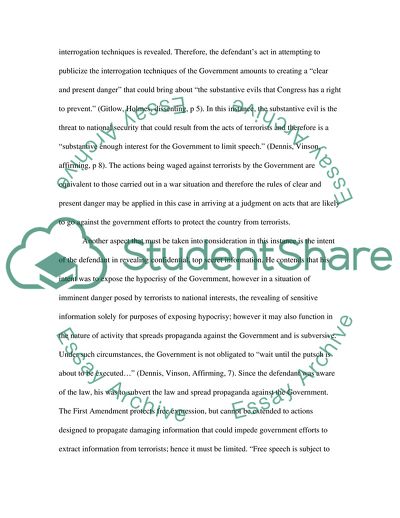Cite this document
(The Application of First Amendment Rights Case Study - 4, n.d.)
The Application of First Amendment Rights Case Study - 4. https://studentshare.org/law/1712598-law
The Application of First Amendment Rights Case Study - 4. https://studentshare.org/law/1712598-law
(The Application of First Amendment Rights Case Study - 4)
The Application of First Amendment Rights Case Study - 4. https://studentshare.org/law/1712598-law.
The Application of First Amendment Rights Case Study - 4. https://studentshare.org/law/1712598-law.
“The Application of First Amendment Rights Case Study - 4”. https://studentshare.org/law/1712598-law.


